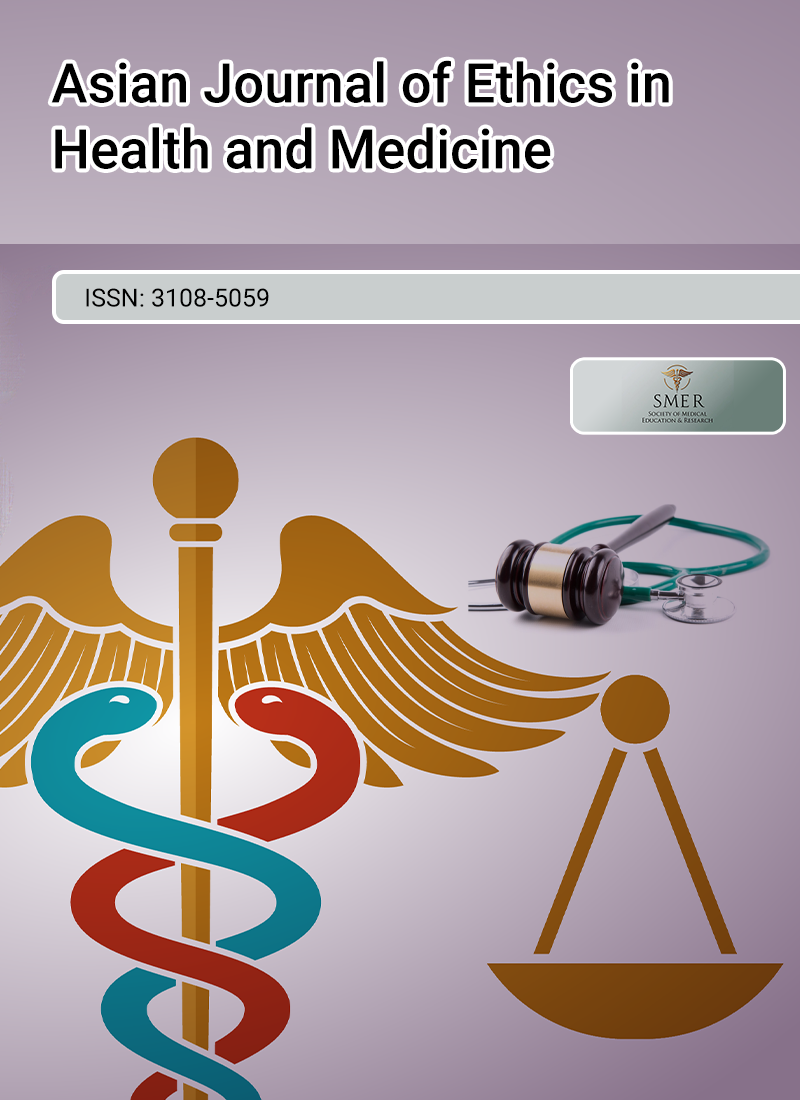
The development of medical therapies using human embryonic stem cells (ES cells) continues to evoke ethical debates. This study explored how the public perceives the use of ES cells for treating Parkinson’s disease (PD) and other medical conditions, which considerations are prioritized in ES cell-based drug development, and whether religious beliefs influence attitudes toward ES cell applications in medicine. An online survey was conducted with a randomly selected sample of the Swedish population aged 18–87 years (n = 467). Data collected included socio-demographic information, religious perspectives, views on the moral status of embryos, and opinions regarding the use of ES cells in PD and other treatments. Logistic regression analyses were performed to estimate adjusted odds ratios (ORs) and 95% confidence intervals (CI) comparing positive versus negative attitudes toward ES cell use in drug development. Overall, participants showed favorable attitudes toward ES cell applications in therapy. Seventy percent fully endorsed using ES cells for PD treatment, whereas 40% fully agreed that ES cells are acceptable for treatment even when induced pluripotent cells provide similar efficacy. Participants for whom religion played a minor role in daily life were more likely to hold positive attitudes toward ES cell use in PD therapy (adjusted OR 6.39, 95% CI 2.78–14.71). The factor deemed most crucial in ES cell-based drug development was “ensuring access to innovative and effective treatments for diseases lacking available therapies.” The findings indicate broad public support for ES cell-based drug development, particularly for providing treatments to patients without alternatives. Attitudes, however, are shaped by the specific disease targeted, personal religious views, and perceptions regarding the moral status of early embryos.